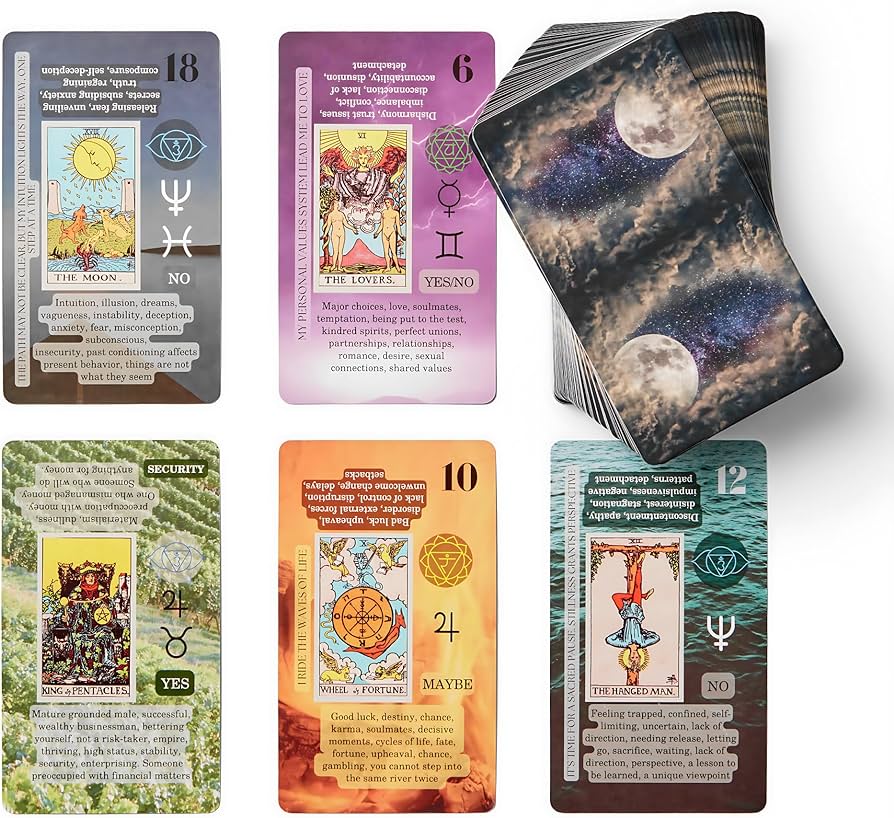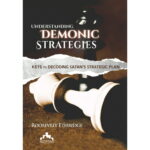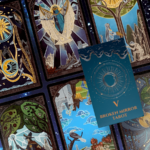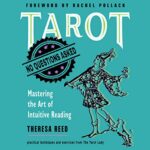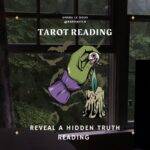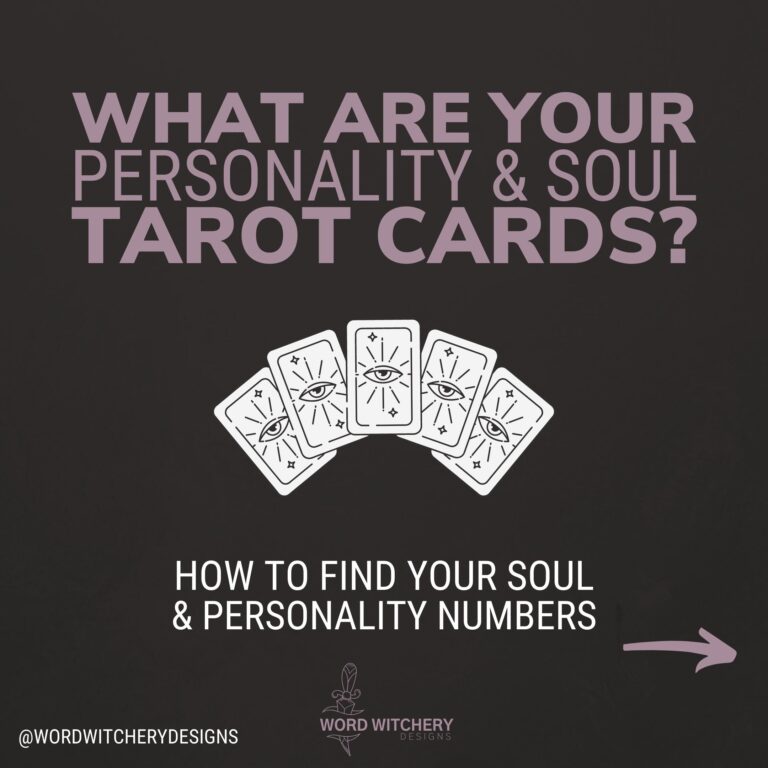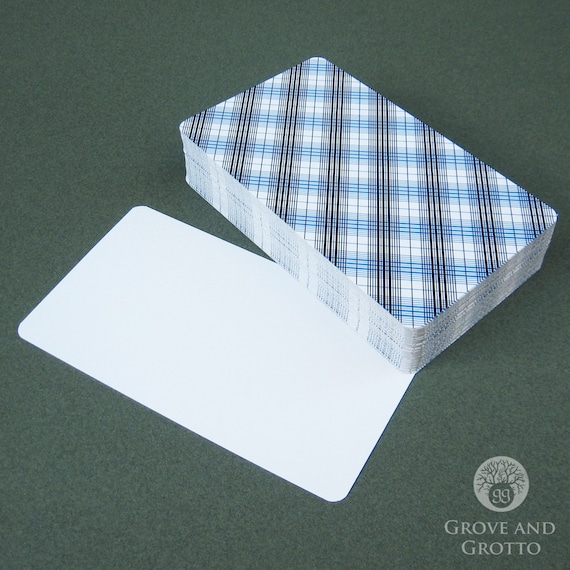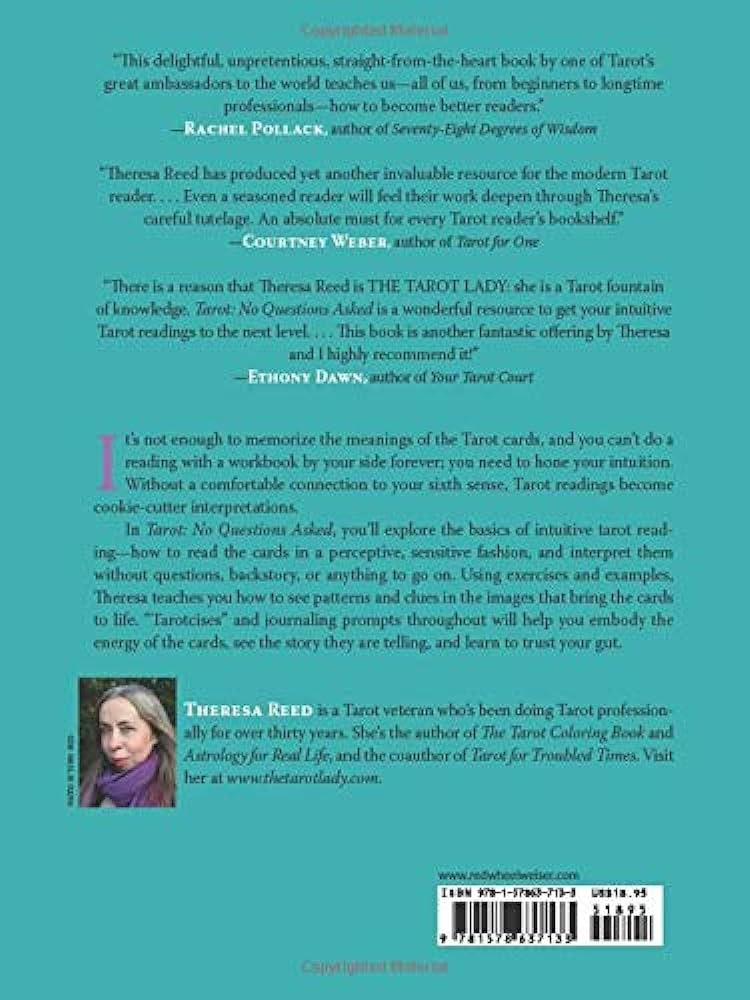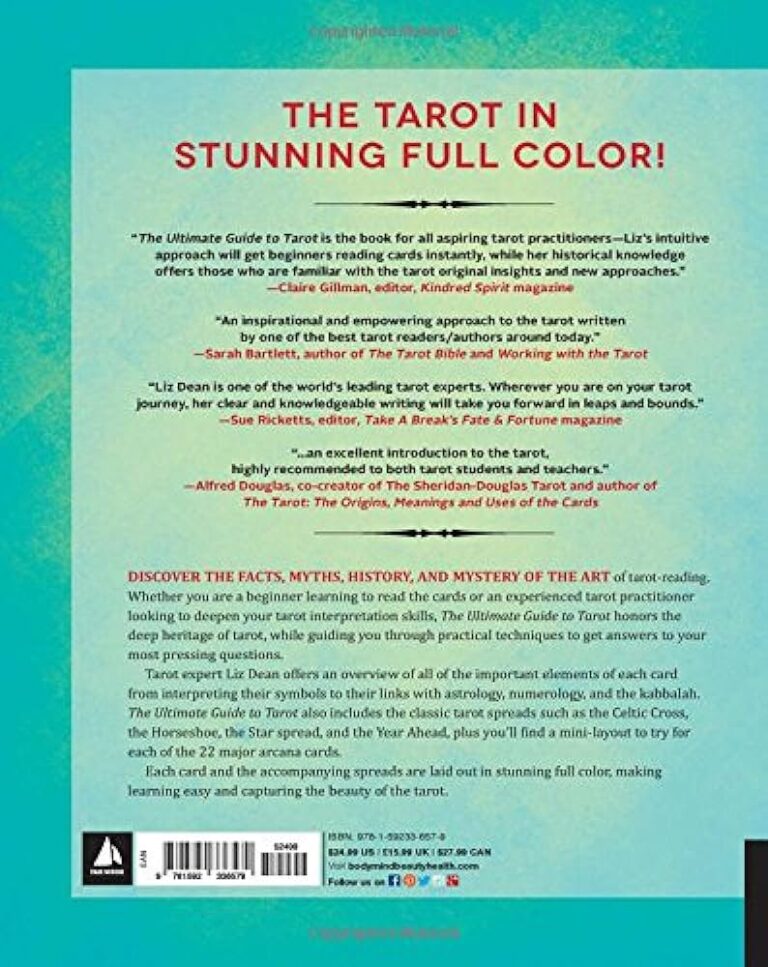Is Tarot a Closed Practice? Unveiling the Truth
Tarot reading is not a closed practice and is open to everyone who has a calling to learn divination. It may reference other religions and closed practices in the artwork, but it is accessible to all individuals interested in studying and practicing it.
Tarot reading provides insight and guidance into various aspects of life and is not exclusive to any specific group or tradition. It is a versatile tool that can be utilized by anyone seeking spiritual or personal development. While there may be debates and discussions surrounding its origins and cultural appropriation, the practice of tarot itself is widely accessible and open to all.

Credit: www.etsy.com
Tarot As A Spiritual Practice
Tarot as a spiritual practice is not a closed practice; it is open to anyone who has a calling to learn divination and seek spiritual insight. Tarot cards can be used by individuals from various backgrounds and belief systems to enhance their spiritual journey.
Exploring The Spiritual Aspect Of Tarot
Tarot is not just a tool for fortune-telling or divination; it can also be a deeply spiritual practice. Many practitioners view tarot as a means of connecting with their higher self, the divine, or the universe. By using the tarot cards as a tool for introspection and self-reflection, individuals can gain insight into their spiritual journey and tap into their intuition.
When exploring the spiritual aspect of tarot, it is important to approach the practice with an open mind and a willingness to connect with something greater than oneself. Some believe that the cards themselves hold energy and wisdom, and that through a tarot reading, one can access this spiritual guidance.
Benefits And Drawbacks Of Tarot For Mental Health
Like any practice, tarot has both benefits and drawbacks when it comes to mental health. It is essential to consider these factors before incorporating tarot into a mental health routine.
Benefits:
- Tarot can provide individuals with a sense of clarity and insight into their thoughts, emotions, and behaviors. It can serve as a tool for self-reflection and self-awareness.
- Through tarot, individuals can gain a different perspective on their challenges and find new ways to approach them. It can be empowering and help individuals feel more in control of their lives.
- Tarot can promote mindfulness and relaxation. The act of shuffling the cards, focusing on a question or intention, and interpreting the cards can be a meditative practice that encourages presence and introspection.
Drawbacks:
- If an individual has deep-rooted beliefs or religious convictions that conflict with tarot or consider it as a form of fortune-telling, it might go against their beliefs and cause distress.
- For skeptics, tarot may not be an effective tool for mental health. Doubt and skepticism can hinder the ability to connect with the cards and receive meaningful insights.
- It’s important to note that tarot should never replace professional mental health care. While tarot can provide guidance and support, it is not a substitute for therapy or medical treatment.
- Lastly, misinterpretation is possible, as tarot is a subjective practice. It is crucial to approach tarot readings with open-mindedness and not take the interpretations as literal predictions.
Tarot And Personal Growth
Tarot has the potential to facilitate personal growth and self-development. By using the cards to explore different aspects of life, relationships, goals, and challenges, individuals can gain valuable insights that can aid in their personal growth journey.
Through tarot, individuals can gain a deeper understanding of themselves and their patterns of behavior. It can highlight areas for improvement, encourage self-reflection, and inspire personal transformation.
Furthermore, tarot can serve as a tool for setting intentions and manifesting desires. By using tarot readings to identify goals and visualize desired outcomes, individuals can work towards achieving their dreams and aspirations.
It is important to approach tarot with curiosity and a growth mindset. Tarot can offer guidance and support, but it is ultimately up to the individual to take action and apply the insights gained from the practice to their personal journey.

Credit: medium.com
Is Tarot A Closed Practice?
Tarot reading is not a closed practice and is open to everyone who has an interest in learning divination. It is a spiritual tool that can provide insight and guidance for those who seek it. Tarot is not tied to any specific religion and can be practiced by individuals from diverse backgrounds.
Understanding The Origins Of Tarot
The origins of Tarot can be traced back to the 14th century in Europe. Initially, Tarot cards were used as playing cards, but they soon gained popularity as a tool for divination and spiritual guidance. The traditional Tarot deck consists of 78 cards, divided into two main categories: the Major Arcana and the Minor Arcana. Each card carries its own symbolism and meaning, allowing the reader to tap into their intuition and interpret the messages they receive.Debunking The Myth Of Tarot As A Closed Practice
There is a misconception that Tarot is a closed practice, limited only to a specific group of individuals. However, this is not the case. Tarot is open to anyone who has a genuine interest in learning and exploring the practice. While it is true that certain traditions and cultures may have their unique ways of interpreting Tarot, it does not mean that others cannot engage with Tarot as well. Tarot is a versatile tool that can be adapted and personalized based on different beliefs and backgrounds.Respecting Cultural Appropriation In Tarot
As with any spiritual practice, it is essential to approach Tarot with respect and cultural sensitivity. Cultural appropriation occurs when aspects of a marginalized culture are utilized without proper understanding or acknowledgment. In the context of Tarot, it is crucial to be mindful of the cultural origins and traditions associated with specific Tarot decks. For example, the Ryder-Waite Tarot deck, one of the most widely used decks, draws heavily from European symbolism and mysticism. By understanding and respecting the roots of Tarot, practitioners can avoid cultural appropriation and ensure a more inclusive and ethical approach to the practice.
Credit: www.amazon.com
Frequently Asked Questions On Is Tarot A Closed Practice
What Religion Is Tarot Tied To?
Tarot cards are commonly associated with New Age religion and can be considered a religious practice.
When Not To Read Tarot Cards?
Tarot cards should not be read if your questions are solely about another person’s thoughts and behaviors. Tarot is meant to provide insight about yourself, not others.
Is Tarot A Spiritual Practice?
Tarot can be considered a spiritual practice as it provides insight and guidance in a religious context.
What Are The Cons Of Tarot Reading?
Some cons of tarot reading include going against beliefs, skepticism, not being a replacement for therapy, and room for misinterpretation. Tarot reading is open to everyone interested in learning divination and is not a closed practice.
Conclusion
Tarot reading is not a closed practice and is open to anyone who feels drawn to learn divination. While there may be discussions about cultural appropriation and respectful usage, the practice itself is not restricted. Tarot cards provide a unique insight into the study of the New Age movement in the twenty-first century and can be seen as a spiritual tool.
It is important to approach tarot with an open mind, respect for its origins, and a willingness to learn and grow. Remember, tarot is a practice that continuously evolves and adapts to the needs and beliefs of those who engage with it.

